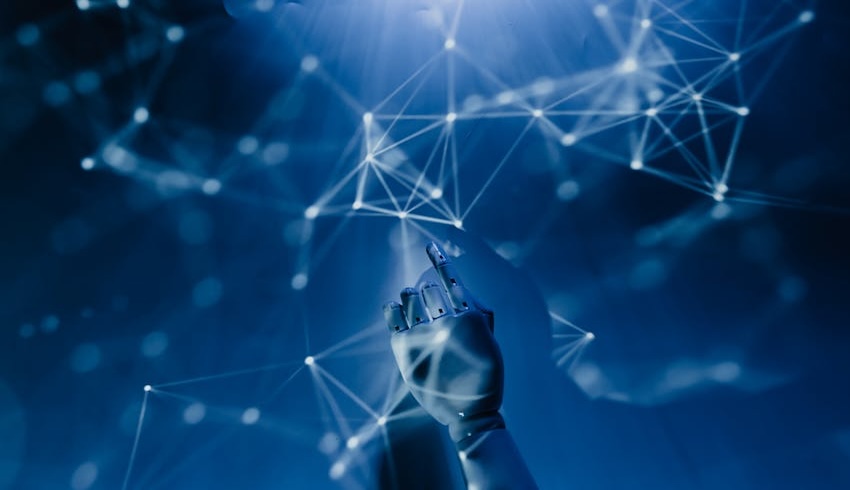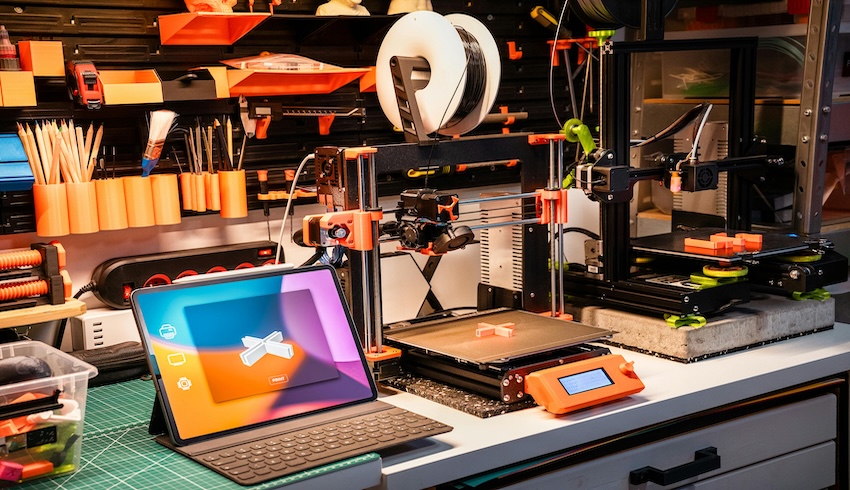
Artificial Intelligence Policy Framework for African Private and Public Organisations
Artificial intelligence (AI) will ultimately become an integral part of workflows across the globe regardless of the sector of the society including government institutions, education, security, arts, manufacturing, ICT, Oil and Gas, banking and finance, operations, services, agriculture, to name a few. Dialogic Solutions Ltd is preparing Africans to create the enabling environment through appropriate […]

